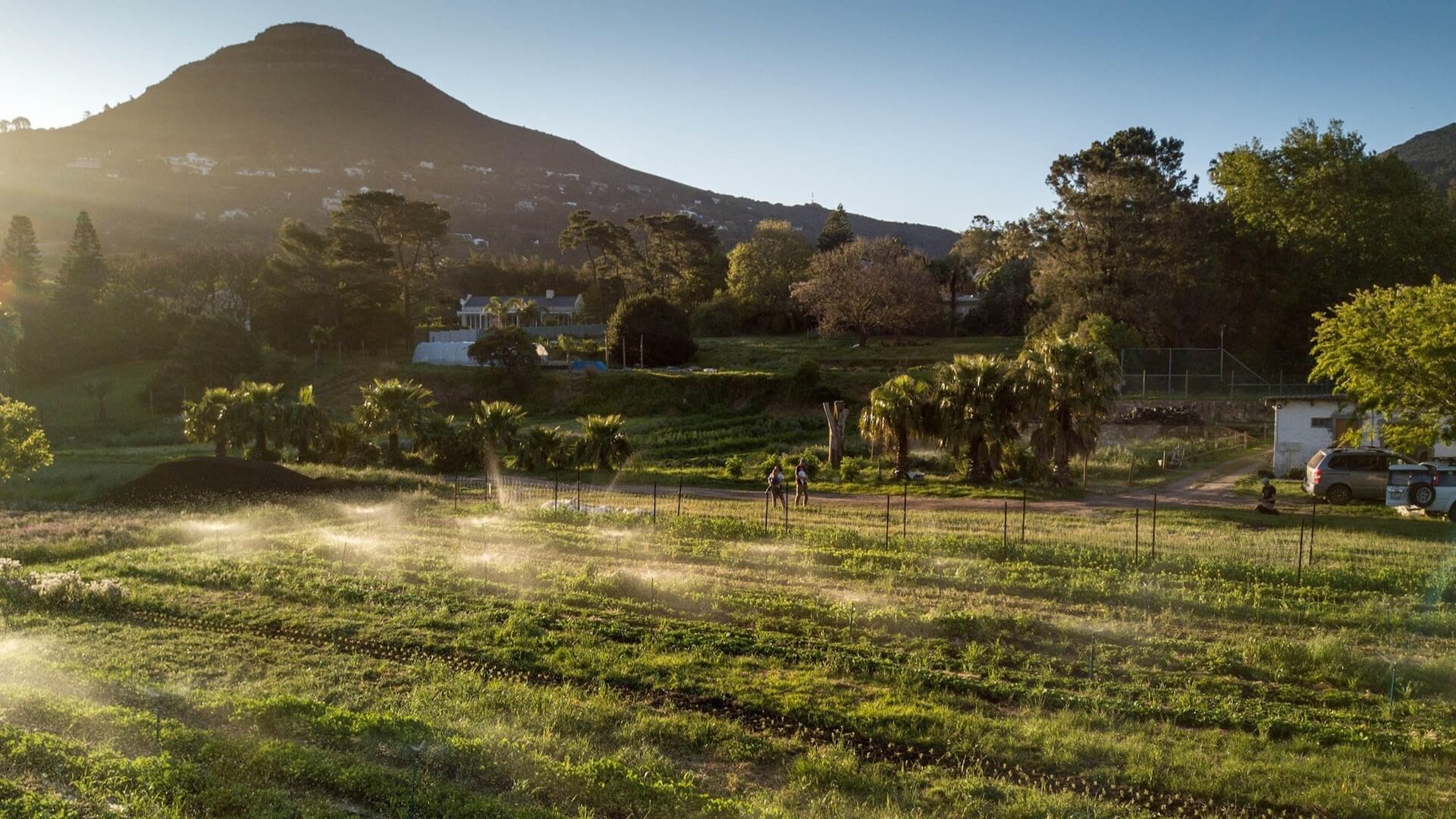The restaurant industry is inextricably linked to the farming industry, but farmers tend to be the unsung heroes in this relationship. Growing food is a gruelling and often thankless job that deserves way more time in the limelight. The good news is that restaurants are becoming increasingly aware of their role in bridging the gap between eating and farming, as can be seen in the burgeoning farm to table movement.
Growing food is a gruelling and often thankless job that deserves way more time in the limelight. – Caitlin Kennedy
“Farm to table” is a wonderful concept, but it can feel a bit vague, or clichéd. Most food is grown on a farm of some sort, but which farm, and where, and how? While it is tempting for restaurants to tack this phrase on to their menus to create the right ambience, truly doing it is a bit trickier. For a start, restaurant-goers tend to be city based, and many farms are located in outlying areas. Sourcing locally also requires flexibility, as menus must be dictated by the seasons.
Why is it important?
Eating local produce supports small and vulnerable communities, and increases food security in a rapidly changing world. It also reduces the environmental pressures of transporting food across the globe. And of course, eating seasonally is almost a guarantee of flavour.
There are a growing number of South African restaurants that put in the extra effort to go beyond filling bellies, and offer an ode to farmers through their menus.
The LivingRoom at Summerhill
The Living Room is lauded as one of South Africa’s top restaurants, and integral to their success is a strong set of food ethics. They are committed to showcasing regional ingredients from Kwa-Zulu Natal, sourced from small-scale producers. They have also opted to serve seafood produced through sustainable aquaculture only, avoiding all wild ocean catch.
Spier
Spier’s ethical farming practices aim to go beyond ‘sustainable’ and into ‘regenerative’: improving the land rather than simply maintaining it. The farm is home to a couple of restaurants, Farmer Angus’ beef, pork and chicken pastures, as well as Growing for Good, an initiative which empowers individuals to make positive social and environmental changes within their communities.
Fynboshoek Cheese Farm
This tiny restaurant in Tsitsikamma on the Garden Route is the is the epitome of food served at its source: there is no menu, as the owner, farmer and chef Alje van Deemter serves only what he is able to gather locally and with care – including an impressive array of homemade cheese. The remote location and limited seating makes it a bit tricky to secure a spot, but the experience is well worth the effort.
Good to Gather
Owned by husband and wife duo Jess Shepard and Luke Grant, Good to Gather is located at the biodynamic Rozendal Farm in Stellenbosch. The menu changes weekly, to mimic the changing seasons. Each ingredient has its own story, whether grown on the farm or sourced from a local producer, which is passionately explained to diners by the service team.
Bringing the farm to multiple tables: Meuse Farm
Although it doesn’t house a restaurant, this farm is worth a mention. Based in Hout Bay, Meuse grows unusual varieties of veggies selected for flavour rather than high productivity or storing well, as is common in large-scale farming. Crops are grown specifically for the restaurant industry, using organic techniques aimed at increasing biodiversity. You’ll find their beautifully named vegetables popping up on menus all over Cape Town and the Winelands. Restaurants such as Ouzeri and Chefs Warehouse at Tintswalo Atlantic and Beau Constantia are long-time supporters, and the flavour shows in their dishes.
Supporting local farms on non-restaurant tables: Ladles of Love
Farming is a rollercoaster of feast and famine, overwhelming bounty and scarcity. In the height of season, there is often excess that doesn’t find its way onto restaurant tables. A special shout out here to Ladles of Love, who have paired up with Harvest of Hope in a fantastic initiative to buy up crops that small-scale farmers from the Cape Flats are unable to sell. The veggies are turned into nourishing meals for anyone in need at their soup kitchens across the country.
It is inspiring to see that so many of our restaurants can and do play an active role in supporting our farmers. – Caitlin Kennedy
Thanks to these and many other establishments, restaurant-goers are increasingly able to make a positive impact through their dining choices. It is inspiring to see that so many of our restaurants can and do play an active role in supporting our farmers, and we hope this trend continues to flourish.
Embracing a seasonal menu
In her previous piece, Caitlin Kennedy explains the benefits of buying and serving seasonal produce, both at home and in restaurants.



0 Comments